A survey for my next column: Do you participate in any online writing communities? Why or why not? If you do, which ones are your favourites? Please include any relevant URLs, thanks.
In
my last column, I asked how the rest of you found creative inspiration. Some of your responses:
From Palmer:"...Generally I go between reading something, playing games, or just switching projects for a while. Simply mixing things up usually does the trick for me. Failing that, I grab my girlfriends and harass them with brainstorming for a while. They always seem to come up with ideas that don’t work, but usually tips me into finding something that does."
From Amy:"Definitely exercise. That really gets me motivated, especially if I’ve hit a wall in my writing. I pull on my shoes and head out the door. More often than not when I sit back at the computer 20 minutes later, I can do my Rambo thing on the wall, keep going, and clean the mess up later. (I think it’s ‘cause of all the blood rushing to my head
Also a fan of the journal, but I use mine just as a daily diary– what’s been happening in my life and thoughts about that, etcetera. It’s only on occasion that I’ll write story lines. But either way, I find the non-editing extremely freeing (if a little embarassing on the re-read!)"
From Lynda:"Inspiration – I found this book really helpful: “http://writingfast.com/
I do mind-mapping to get inspiration - I have a big drawing pad that is covered in related words and freewriting. I also use photography books as a kick start.
From Clair Ching:"After writing my reflections on my journal, I get inspired to write poems and stories again. Although I haven’t finished much since I started going into more web content development work.
Aside from that, listening to good music and having conversations with my closest friends inspire me to write some more. :-)"
From Lynn:"Exercise is a great way to jog a few brain cells around. And you’re right: it’s the perfect time to listen to yourself think. Before you know it, you’ve come up with some great ideas you wouldn’t have had if you sat hopelessly in front of your computer. :-) I personally prefer writing everything in a notebook first before launching into any writing job. Ideas seem to flow much more easily that way. And when I need to start typing it all up, I look at what I’ve written and get even MORE ideas from that."




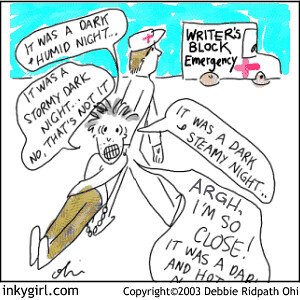
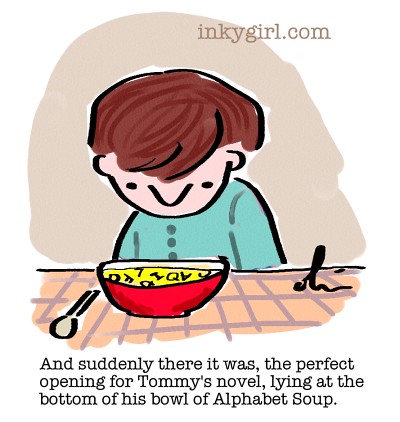
 bulwer-lytton in
bulwer-lytton in  Blog/news
Blog/news 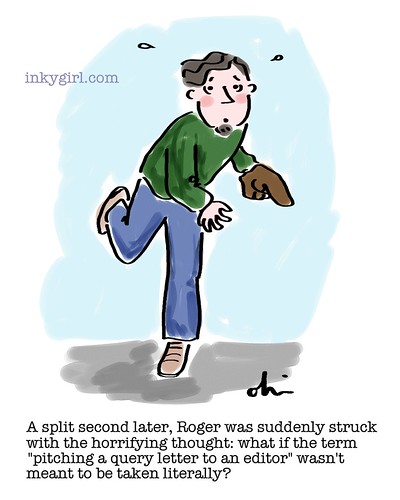
 query letters in
query letters in  Blog/news
Blog/news 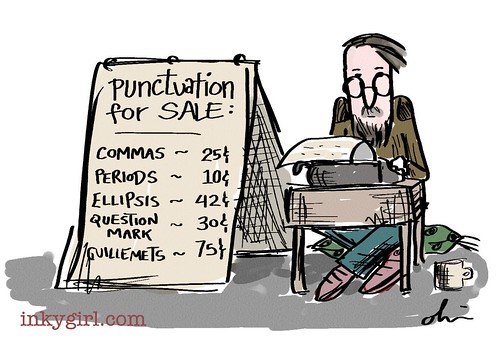
 freelance writing rates in
freelance writing rates in  Blog/news
Blog/news 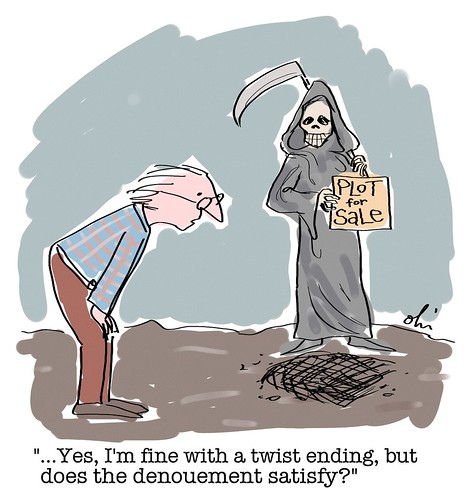

 time management in
time management in  Blog/news
Blog/news  inspiration in
inspiration in  Blog/news
Blog/news